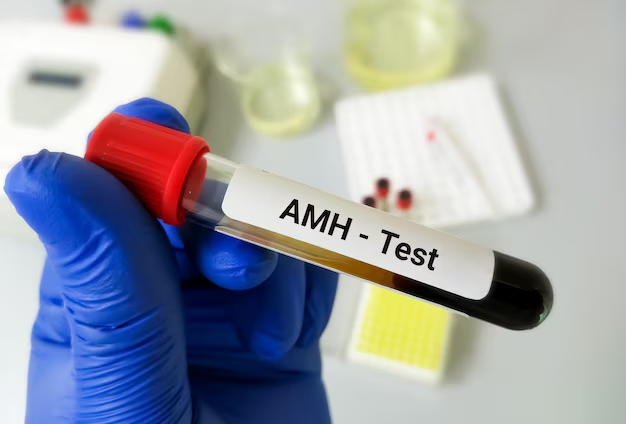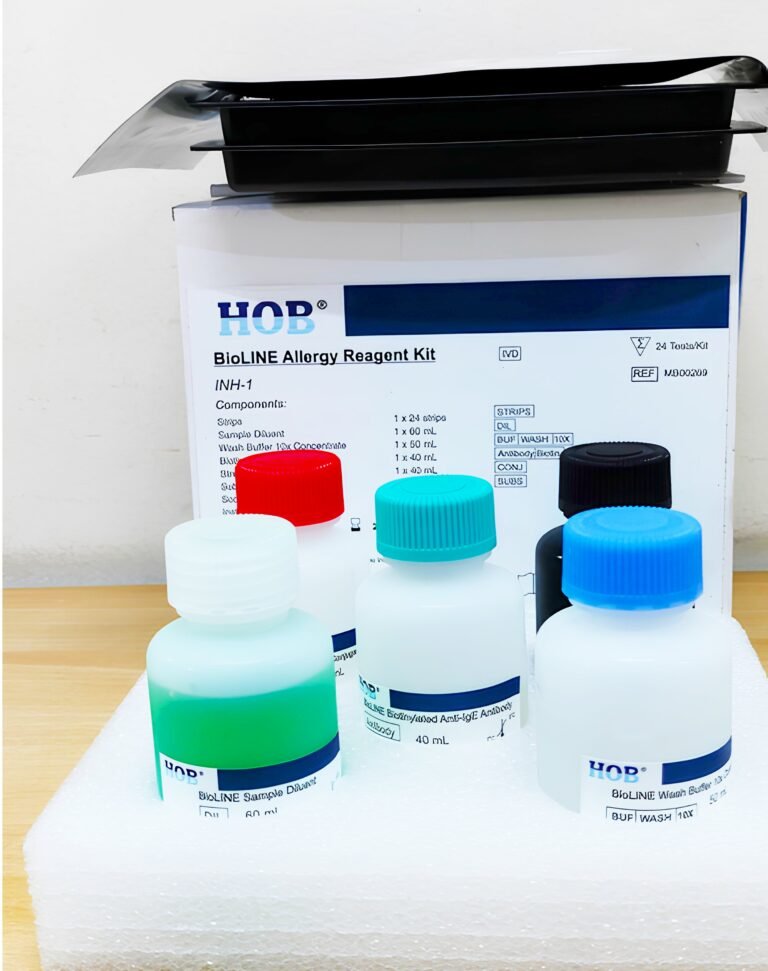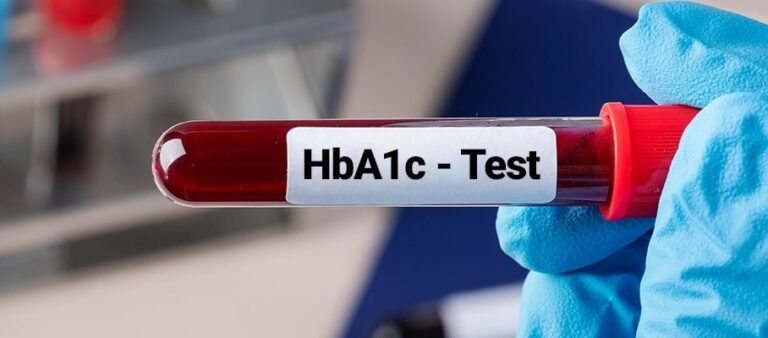Understanding TORCH Testing: Importance and Benefits
TORCH testing is a vital diagnostic tool in prenatal care. It is designed to detect infections that can harm a developing fetus. This comprehensive test plays a crucial role in ensuring the mother and baby’s health and well-being during pregnancy.
What is TORCH Testing?
TORCH is an acronym that represents a group of infections that can be transmitted from a pregnant woman to her unborn child. These infections include:
- T: Toxoplasmosis
- O: Other infections (such as syphilis, varicella-zoster, and parvovirus B19)
- R: Rubella (German measles)
- C: Cytomegalovirus (CMV)
- H: Herpes simplex virus (HSV)
TORCH testing involves a series of blood tests that screen for antibodies produced in response to these infections. Identifying these infections early is essential to mitigate potential risks to the pregnancy.
The Importance of TORCH Testing
- Early Detection of Infections
TORCH testing helps identify infections early in pregnancy. This early detection is crucial as it allows healthcare providers to monitor and treat the conditions, minimizing complications. - Preventing Congenital Disorders
Many TORCH infections can lead to congenital abnormalities, including neurological deficits, hearing loss, or vision problems. Timely intervention can reduce the risk of such outcomes. - Guiding Treatment Plans
Healthcare providers can develop a treatment plan tailored to the mother and fetus if an infection is detected. This may include antiviral medications, antibiotics, or additional monitoring during pregnancy. - Reducing the Risk of Miscarriage or Stillbirth
Some infections screened by TORCH testing, such as syphilis or CMV, are associated with an increased risk of miscarriage or stillbirth. Identifying and addressing these infections can improve pregnancy outcomes. - Ensuring Long-Term Health
By diagnosing infections early, TORCH testing can prevent long-term health complications for the child, ensuring better developmental outcomes after birth.
Who Should Undergo TORCH Testing?
While TORCH testing is not universally required for all pregnant women, it is often recommended for individuals with specific risk factors, such as:
- A history of recurrent pregnancy loss
- Symptoms suggestive of an active infection
- Exposure to infectious diseases during pregnancy
- Pregnancy complications, such as fetal growth restrictions or abnormal ultrasound findings
Conclusion
TORCH testing is a valuable tool in prenatal care, empowering healthcare providers to safeguard the health of mothers and their babies. Early detection and management of infections can prevent severe complications and ensure a healthier future for the child. If you’re planning to conceive or are already pregnant, consult your healthcare provider about whether TORCH testing is right for you.







